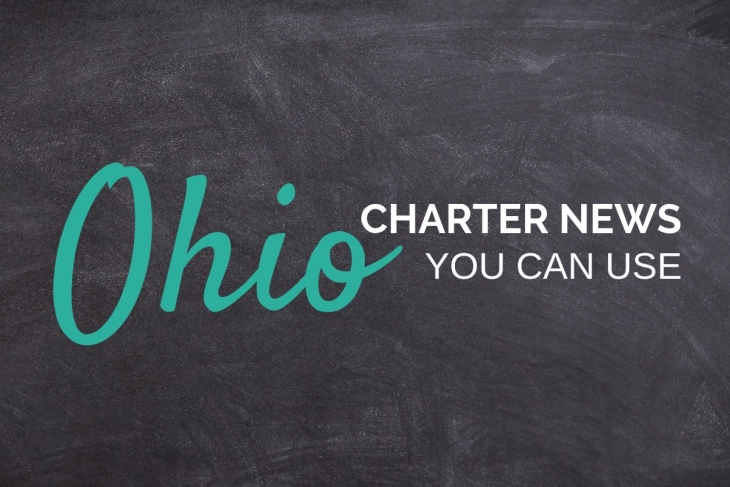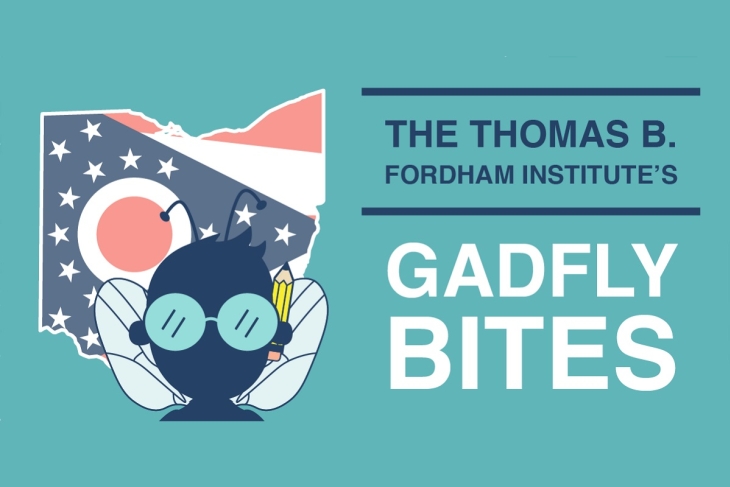First graduating class
University Charter School in Livingston, Alabama, celebrated its first ever graduating class earlier this week—17 seniors, many of whom have attended the school since it first opened in 2018. You can check out the bright futures planned by several of UCS’s proud graduates in this TV news coverage.
Decision Day
Decision Day for the Uplift Education charter school network in north Texas was an enormous affair, held at Dickies Arena in Fort Worth this week. During the event, almost 1,000 future graduates announced their college plans. All together, Uplift seniors have submitted more than 9,000 college applications, already received 4,000 acceptance letters, and have been offered $124 million in scholarships and grants. Kudos to all!
High degree(s) of achievement
Clevelander Anita Bennett is just 14 years old and attends Ohio Connections Academy (OCA). While she’s humming along with her high school courses in a typical fashion, she has also found a lot of time to attend Cuyahoga Community College courses for the last few year years. Thus it is that she received her third associate degree last week. She will begin work on a bachelor’s degree this fall. Thanks to the flexibility provided by online schooling at OCA and the free college classes through Ohio’s College Credit Plus program, Anita plans to complete her fourth degree—along with her high school studies—in three years. An amazing young person and one to watch!
Welcome to the club!
Last week, Montana became the 46th state to allow public charter schools when Governor Greg Gianforte signed two bills—HB 549 and HB 562—into law. The former allows for the creation of charters under the jurisdiction of traditional districts and the resulting schools would operate very similarly to district schools. The latter establishes a seven-member state commission to act as authorizer and schools created via this system would have a level of autonomy more familiar to charter school supporters elsewhere. Hats off to Montana legislators for increasing the educational options for families in the Big Sky state.
Looking ahead to next year
Higher teacher salaries seem to be on the cards for many charter schools across the country for the 2023-24 school year. KIPP Colorado recently unveiled a new compensation program, over and above the increases of the last two years, which will give their teachers the highest starting salary of any public school in Denver. And just yesterday, the Detroit Academy of Arts and Sciences announced that it would hire highly qualified teachers at a starting salary of $100,000, nearly $40,000 more than the average teacher salary in Michigan “When you give teachers a livable wage, it makes the profession important,” said science teacher Krystal Thomas, “It’s also going to draw people who really want to do the work and will put in the effort to make sure that the kids are moving forward.” Nice!
*****
Did you know you can have every edition of the Ohio Charter News Weekly sent directly to your Inbox? Subscribe by clicking here.








